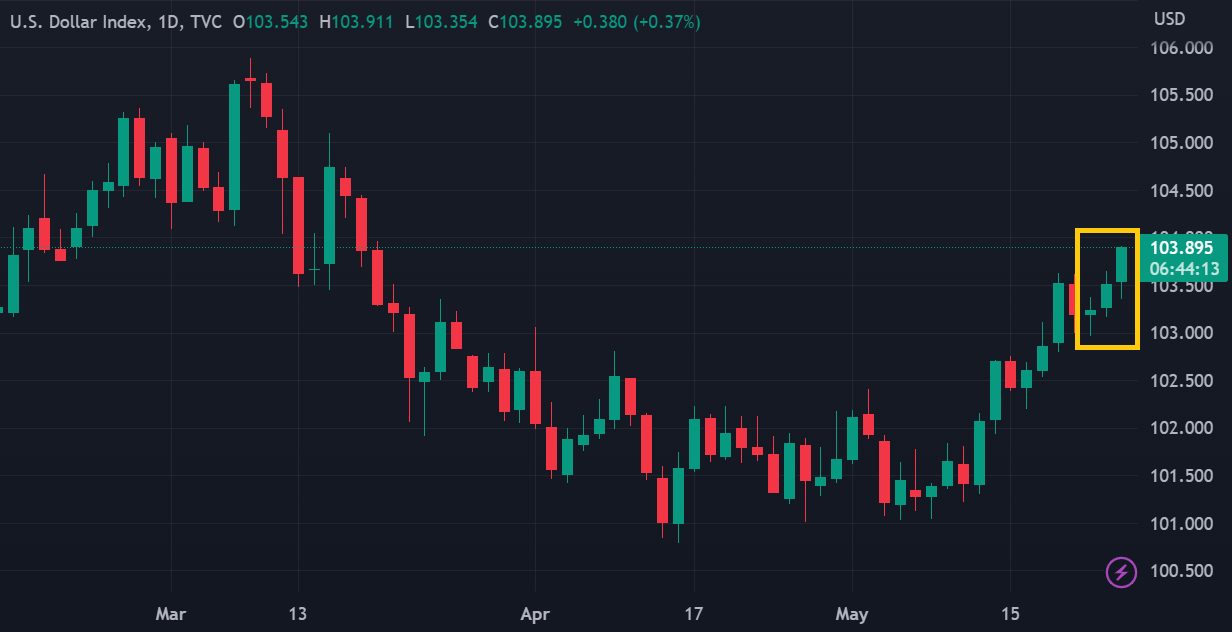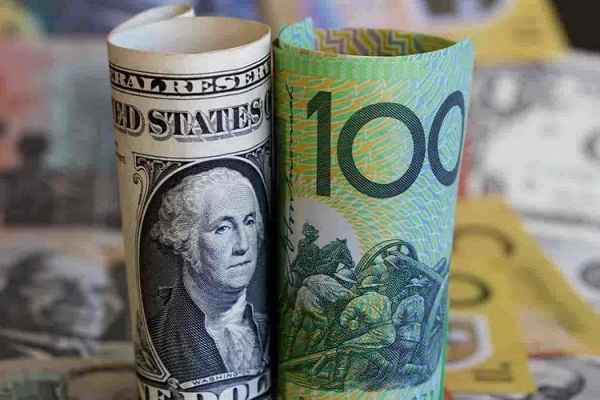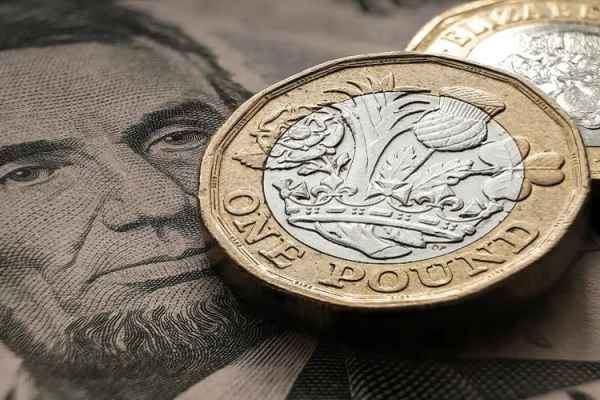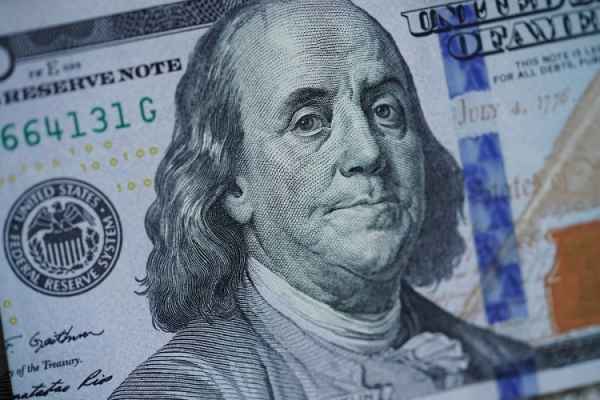The US dollar remains strong despite the challenging debt ceiling negotiations that could push the United States into a recession.
Market participants are concerned about the potential global impact of the failure in the US debt ceiling negotiations, leading traders and investors to sell off high-risk assets. This situation has driven the US dollar index (DXY) to rally, reaching around 103.90 in Wednesday's trading.

Yesterday, Democratic and Republican representatives once again ended negotiations regarding the US government's debt ceiling without signs of compromise. The market does not expect a deal to be reached in the coming days, increasing the risk of a default in the world's largest economy. However, a default could plunge the US into a recession and have a domino effect on the global economy.
Moody's Analytics predicts that if a default lasts for less than a week, the US economy could rapidly decline, losing approximately 1.5 million jobs. If the default persists into the summer, the unemployment rate could rise from 3.4% to 8%, and interest rates could skyrocket.
The stock market has experienced a decline in recent days due to these concerns. The Dow Jones and US500 indices have accelerated their decline, dropping by almost one percent at the beginning of today's New York session. Meanwhile, the US dollar has strengthened as it is still considered the most reliable safe haven.
"Even though we were the problem – we, the United States – there was still a flight to quality," said Clay Lowery, who oversees research at the Institute of International Finance, a banking trade group. "The dollar is king."
NZD/USD has recorded its worst performance, with a daily decline of almost 3% from 0.6247 to 0.6094 at the time of writing. The New Zealand dollar, also known as the Kiwi, has suffered due to global risk-off sentiment and the policy statement from the Reserve Bank of New Zealand (RBNZ). The RBNZ raised its benchmark interest rate by 25 basis points to 5.5% - the highest level in over 14 years - while also signaling that there will be no further rate hikes.
AUD/USD declined by over 1% to its lowest level since November, hovering around the 0.6530 range. EUR/USD was rejected from the 1.0800 thresholds, and GBP/USD slipped below the 1.2400 level despite better-than-expected UK inflation data.

 Dedicated FREE FOREX VPS
Dedicated FREE FOREX VPS Free FOREX Virtual Private Server
Free FOREX Virtual Private Server MT4 Demo Contest, Get $500
MT4 Demo Contest, Get $500 Sign Up for an Account, Claim 60% Deposit Bonus
Sign Up for an Account, Claim 60% Deposit Bonus Free MT4/MT5 VPS 2024
Free MT4/MT5 VPS 2024 Send E-mail and Get Free Merchandise
Send E-mail and Get Free Merchandise $1K Refer a Friend Bonus for Pepperstone Pro clients
$1K Refer a Friend Bonus for Pepperstone Pro clients Maximize Your Earnings with 100% Deposit bonus
Maximize Your Earnings with 100% Deposit bonus Trade to Win, $5,000 Monthly Demo Contest
Trade to Win, $5,000 Monthly Demo Contest Claim 30% + 15% Deposit Bonus from LiteFinance
Claim 30% + 15% Deposit Bonus from LiteFinance






